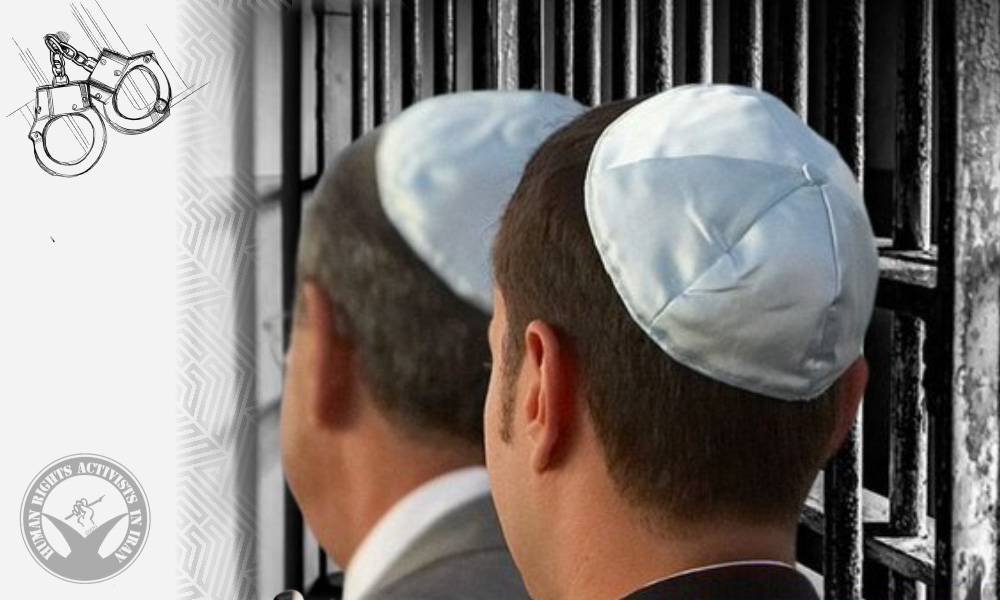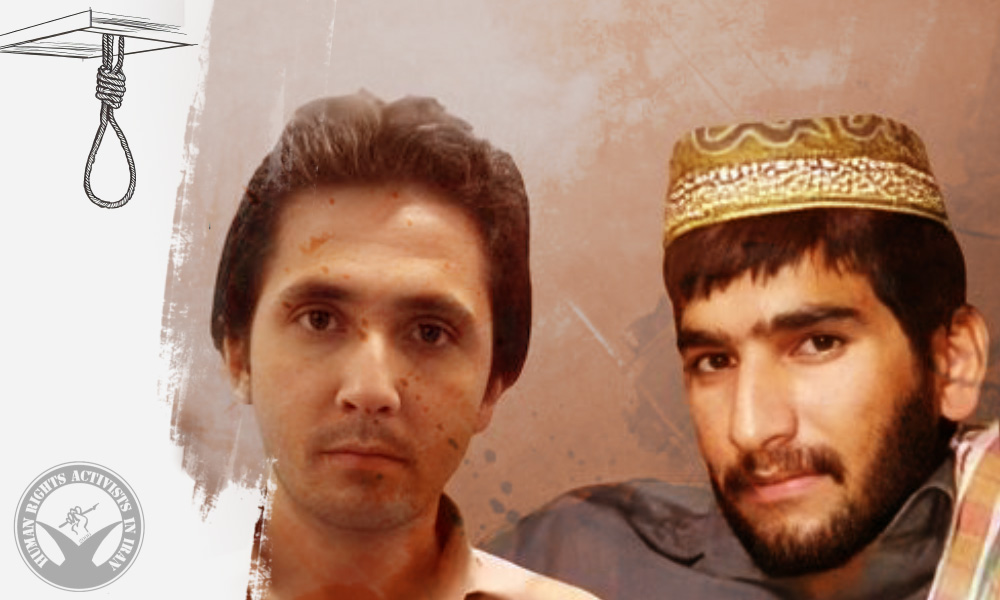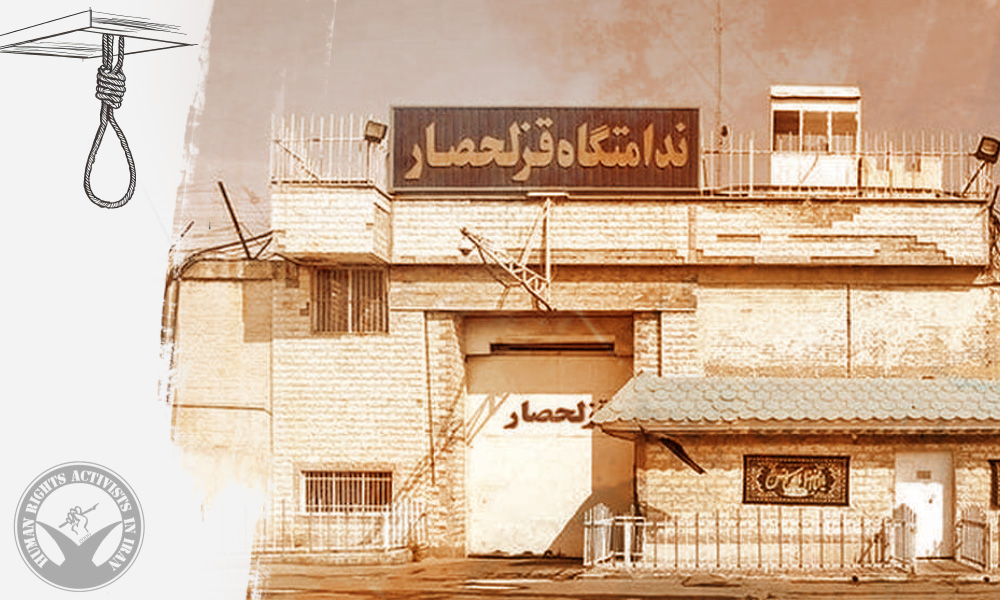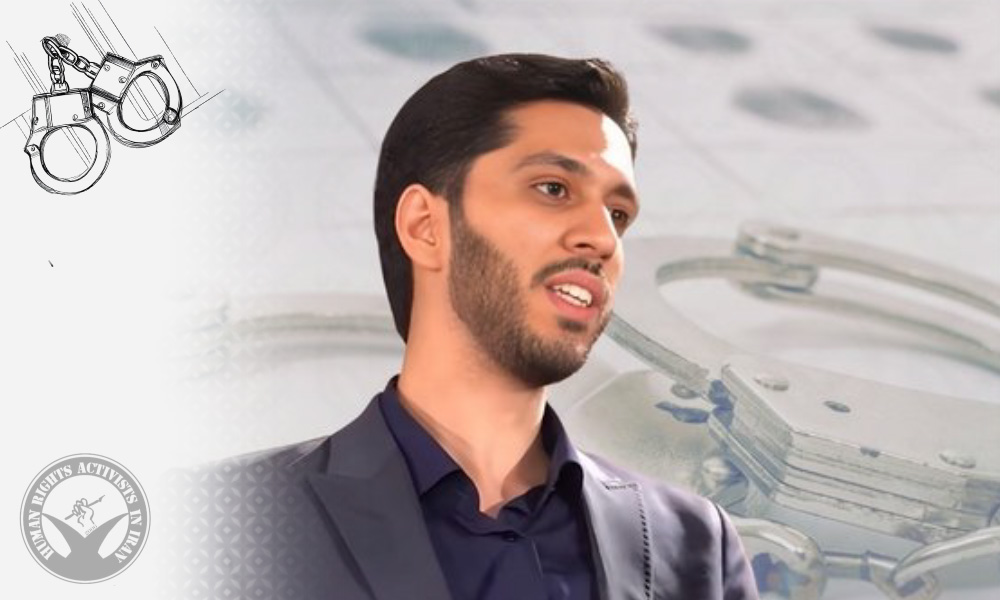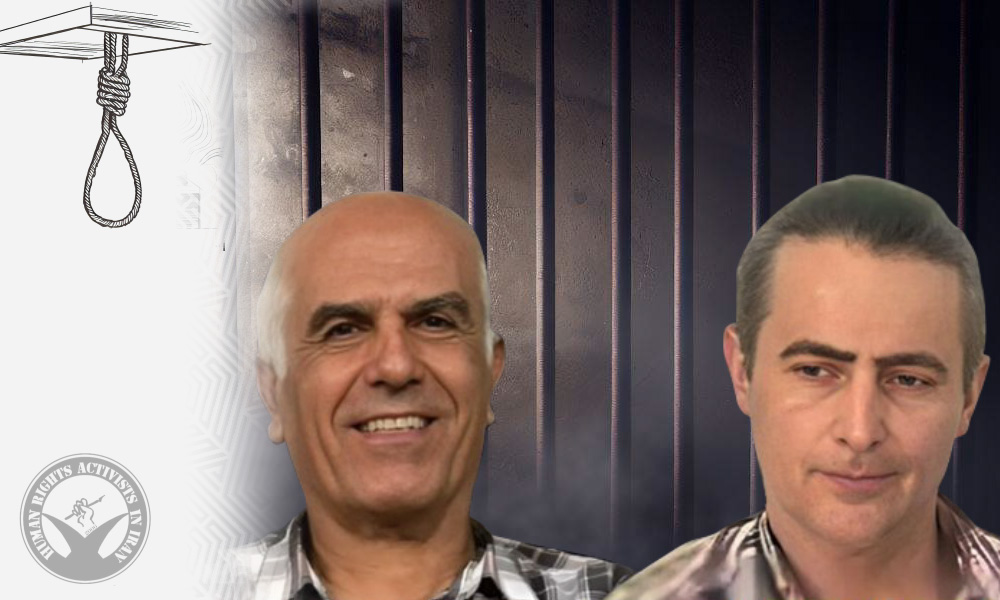HRANA – Amid a growing wave of summonses, arrests, and security pressure targeting Iran’s Jewish community, HRANA has confirmed the identity of one of the two American-Jewish citizens recently detained in Iran. The individual, Yehuda Hekmati, is over 70 years old and works in the jewelry and precious stones trade. His arrest is reportedly linked to a visit he made to Israel seven years ago.
According to HRANA, the news agency of Human Rights Activists in Iran, Hekmati is one of two American-Jewish citizens whose arrests were first reported by Israel’s Channel 11. The detentions came amid rising tensions between Iran and Israel following a 12-day conflict. The second detainee, an Iranian-American from Los Angeles, has reportedly been released on bail, while Mr. Hekmati remains in custody. Both men are believed to have traveled to Iran to visit relatives.
A source familiar with the case confirmed efforts to secure their release, telling Hebrew-language media: “These two Americans were in the wrong place at the wrong time.”
In recent weeks, at least 35 members of Iran’s Jewish community in Tehran and Shiraz have reportedly been summoned and interrogated by security agencies. These interrogations have focused mainly on their familial ties with relatives in Israel and included warnings against any phone or online contact with people outside the country.
In a related case, student activist Motahareh Goonehi (Gounei), who was recently released from the Ministry of Intelligence’s detention facility, mentioned a woman named Lida, whom she identified as a Jewish citizen. However, it remains unclear whether this individual is among the recently detained or connected to another security-related case.
Under Iranian law passed in 2011, travel to Israel by Iranian citizens can result in two to five years in prison and several years of passport suspension. This law has increasingly affected Iranian Jews with familial connections in Israel.
Despite the Iranian government’s official narrative about protecting the rights of religious minorities, including Jews, recent developments point to an unprecedented rise in security pressure on this community. Human rights experts warn that such actions could constitute “discrimination based on religion and ethnicity” and violate Iran’s international obligations.



